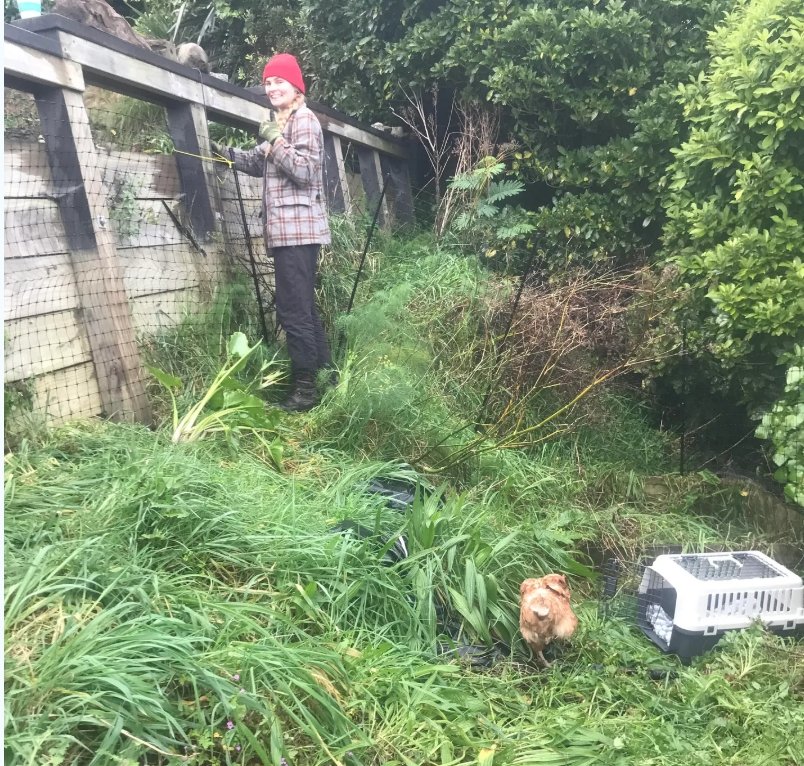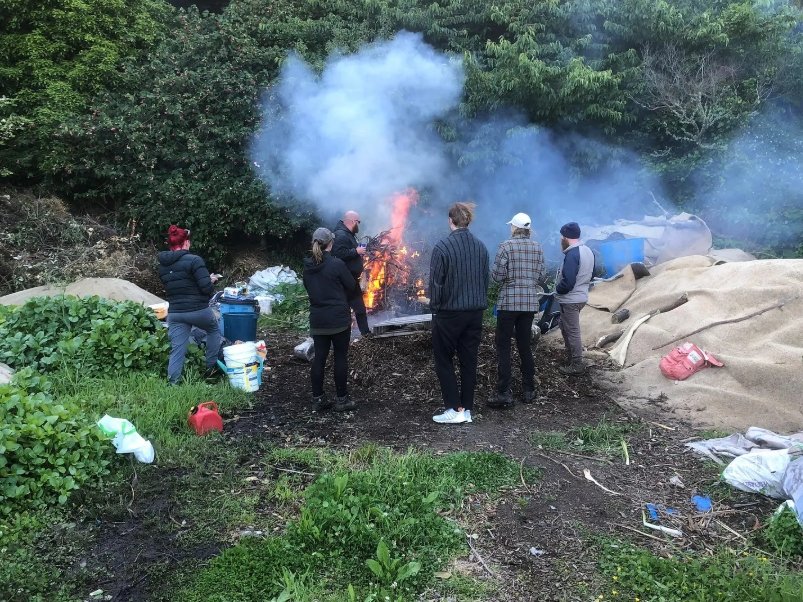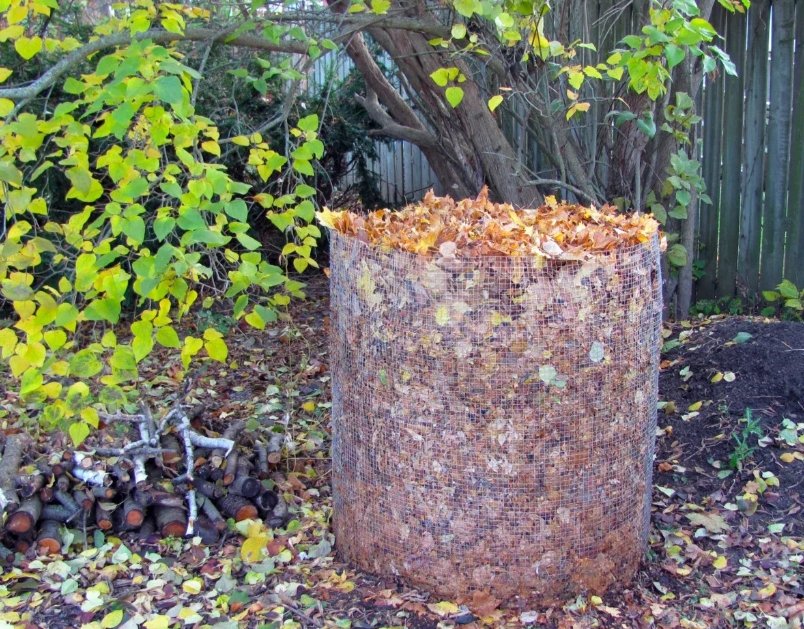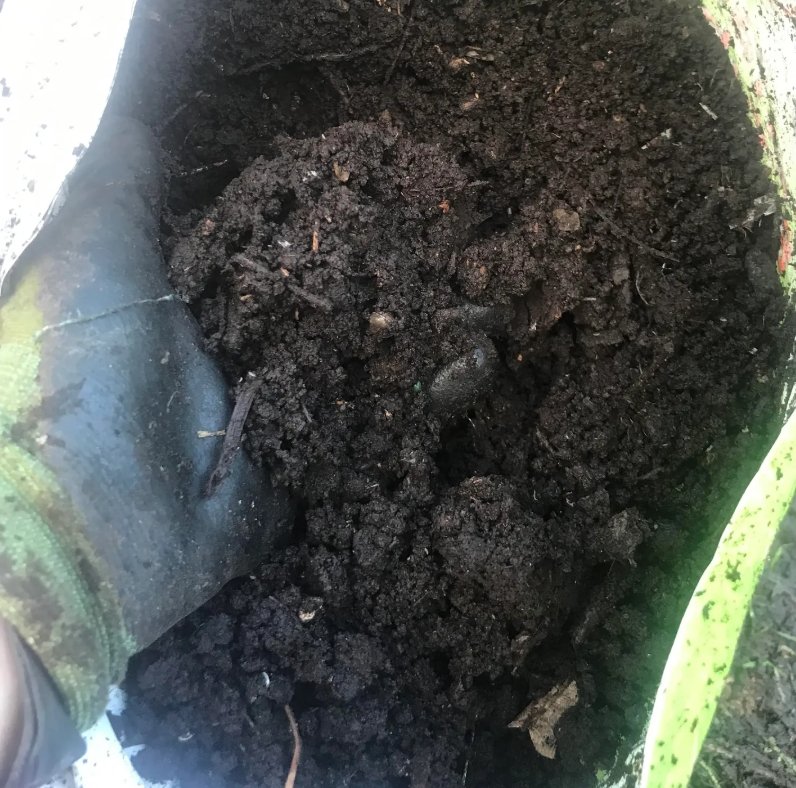Green, green, waste, waste
This week our team has done a tonne of heavy lifting in terms of debating how to responsibly deal with green waste.
It has been a bit of a relief for me, because I spend a few hours a week thinking on this topic, and it’s nice to see others process what I have been humming about for a while.
We try to leave as much green waste on site as possible. It feels lazy sometimes. It feels overwhelming at others. Trimmings from hedges can be blown back beneath the same hedges, although this can invite ongoing issues if the hedge has disease or is susceptible, so it does require a little thought. Some lilies and plants have huge hidden areas behind them, where we can jam seed-free weeds or leaves, so that they can break down and provide valuable nutrients to the soil beneath. Plants use a lot of valuable energy creating nutrient-filled green waste, so if we can skip the entire process of composting it down and returning it, we would love that! We’d also love if no one ever actually saw the green waste we leave. There is nothing as sad as a beautiful garden surrounded by piles of weeds.
Alex completing part of our grand plan to leave chickens at a weedy site. All the weeds: eaten. Result: ground is bare, and covered in poop. Chicken: noisy as heck (did not consider that part)
The other part of leaving green waste on site is that we have so much less work removing it, composting it, turning enormous compost piles, bagging it after 18 months, dragging it back to wherever it is needed… or going to the tip, about a 45min trip, paying the council to compost it themselves. Neither are particularly fun- one is expensive, the other is quite tiring!
I have regularly tried to take artsy photos of our composting set up, but it looks like a rubbish tip, and I delete them in frustration. Here is one of our bonfire nights, the various compost piles are under old carpet.
People ask us for firewood, but unfortunately we don’t garden pine forests, our firewood is essentially kindling, and we are an expensive option to process such small bits of wood. As as a cranky arborist told me once, “firewood makes you warm three times: when you cut it down, when you process it, and when you bring it to the house.” Apparently he was never in the house to enjoy the burn? We make sure we enjoy the burn, and have been hosting big bonfires when the weather permits. The odd person has had a kick around of our piles of branches, trying to get free firewood. They are always disappointed and never return!
I know people often don’t like the look of compost bins, and some don’t even like (what I think are beautiful!) the wire leaf bins you can create with mesh, but I suppose I was spoiled by seeing them in quarter acre forests in the UK, not sitting sadly alone beside a fence, confusing people. The good thing about a single black bin is almost every garden can have one tucked away out of sight, the ones that look like big cylinders are so easy to use, as you just lift up the bottom to pull out the goodness underneath.
The other key thing about keeping as much on site as possible, including your kitchen scraps, is that less has to be brought in, in order to keep the garden healthy. Hold my beer for a second as this will feel like a sharp left swing, but I promise it isn’t!
Mulch issues. Covering the bare bits of soil in the garden is so important. BUT. It is not practical for most gardens, and can’t be regularly done, because the height of the soil slowly increases. The mulch will spill out from the bed, usually all over a path or concrete; the mulch might not cope on any sort of slope, and build up in weird places, exposing others…
Mulch helps to keep the soil healthy. The soil does slowly degrade and essentially disappear, or the living tiny parts start to die, without some support. If you keep as much green waste in the garden as possible, covering the ground, letting things break down as close to where they were removed as possible, hoeing in small weeds, adding fresh compost… the soil will not need as much mulch. The soil will essentially be a part of a ‘closed system’ where it doesn’t need external inputs to be healthy. (A properly ‘closed system’ takes a monstrous amount of commitment, but any steps to get closer are fantastic).
If you are able to keep digging compost in, returning it to the soil, leaving things on the dirt as you remove them from above, the soil will need substantially less mulch. Less stress. Less labour.
Some of the compost made at our composting site in Seatoun. Black gold!
We do what we can in the garden, and how we do it depends so heavily on our personal aesthetic and desires. But there is always a way to keep your garden chemical free, healthy and beautiful. How you deal with your green waste is an enormous part of that, here’s hoping this helps you think a bit about the best ways to achieve that (or ask me, because as noted above I am obsessed with this topic!).



